The Skincare Edit
Things you need to stop putting on your skin pronto!
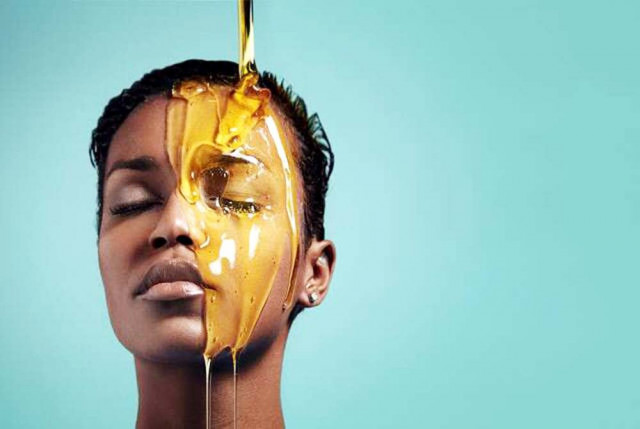
In a world full of chemical-based skincare products, beauty hacks, homemade face masks and home remedies for skin woes, there is a lot of contradictory information out there about what is supposedly good or bad for your skin. Although the increasing awareness about the chemicals present in skin care products may have made you resort to natural, homemade ingredients more often, not all of them are supposedly safe.
While many DIY blogs, Instagram pages and untested healthy living sites convince you otherwise, there are homemade or natural products you should never put on your face.We believe that you should always be aware of what an ingredient actually does before slathering it all over yourself. We’ve compiled a list of all the things that you should keep away from your face.
Lemon Juice

Often praised for its magical skin brightening qualities and a high percentage of vitamin C, rubbing lemon on your face can cause more damage to your skin. It’s true that it is loaded with vitamin C, which can brighten skin and smooth fine lines but lemon juice is acidic and can irritate your face. The higher acidic levels can throw off your natural skin PH level and permanently damage your skin barrier. You also might end up with an ugly rash from phytophotodermatitis, a skin reaction that happens if you expose chemicals in certain plants and fruits to sunlight or other ultraviolet light. The rash goes away on its own, but it can be uncomfortable.
Coconut Oil
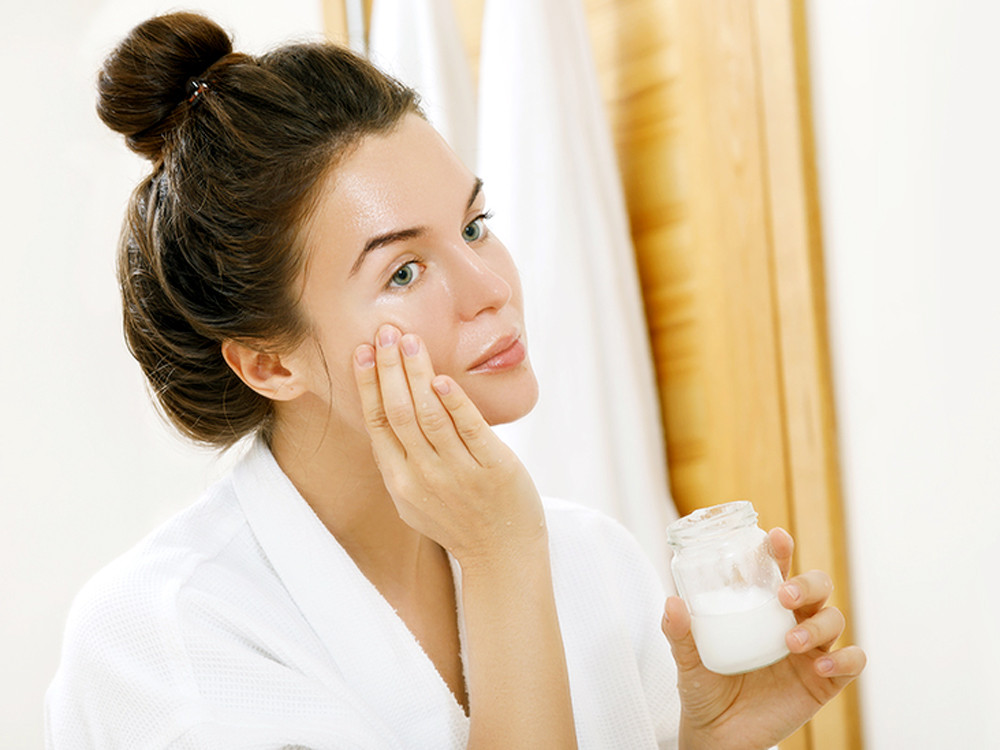
Don’t believe those DIY masks, not every skin problem can be solved by putting coconut oil on it. It’s time we stop believing that coconut oil is the magic elixir for beautiful skin. It’s true that coconut oil is rich in lauric acid, which has proven zit-fighting powers. But it’s also about 90% saturated fat, which can clog your pores and can lead to more acne. Use it as much as you want on your body as it can help with severe dryness or eczema but keep it away from your face.
Honey
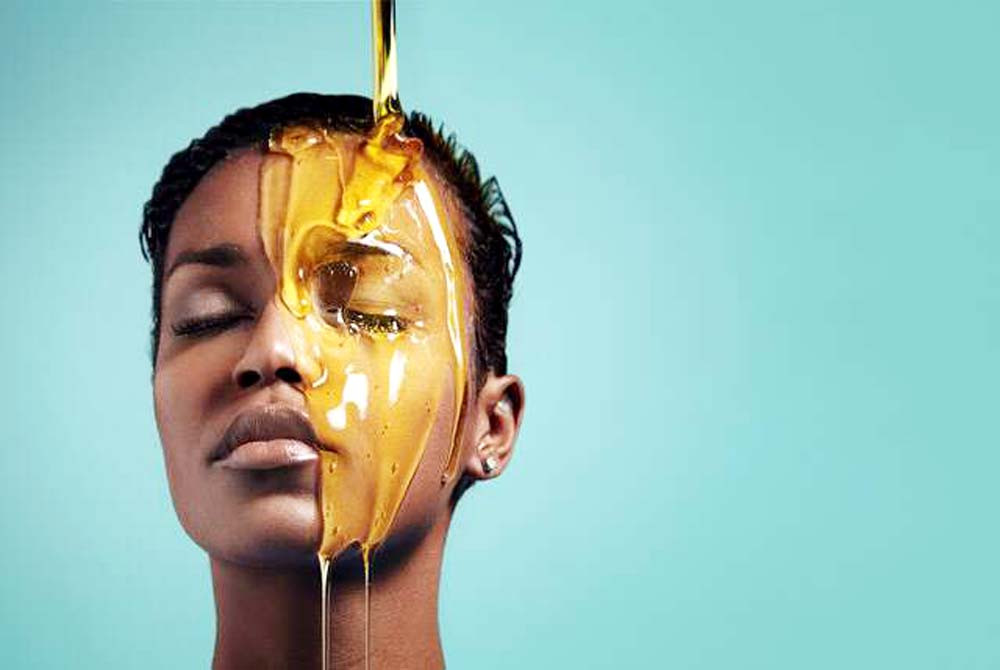
This sweet stuff has been used to treat wounds since ancient times and has a good reputation in the skincare industry. It’s often suggested to dab it on the skin to banish acne. While we do agree that honey helps to keep germs at bay and reduces inflammation, it probably doesn’t do much. If you still want to try it, look for manuka honey that has a minimum rating of 10 UMF to ensure it has enough germ-fighting power.
Sugar Scrubs
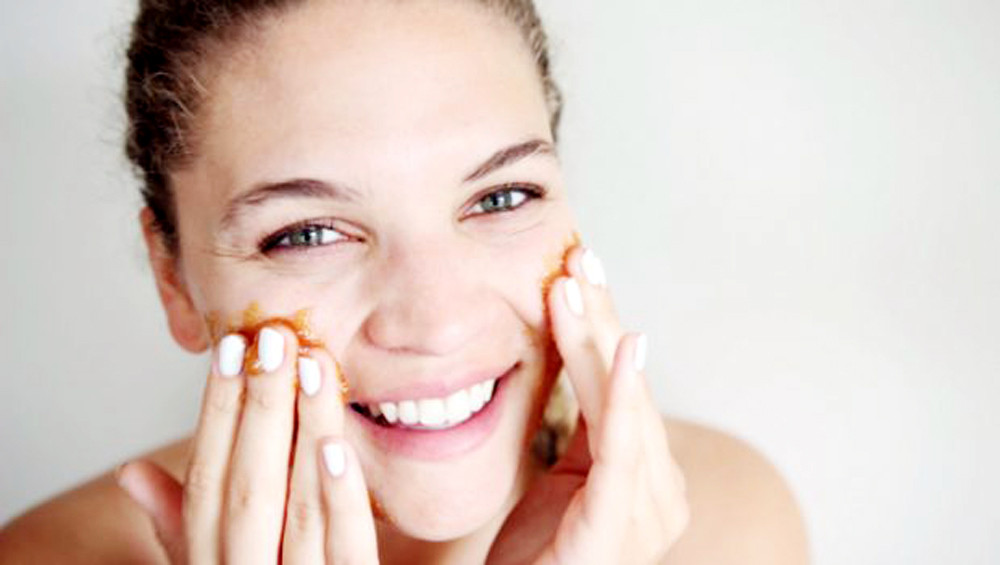
When it comes to remedies for glowing skin, sugar scrubs are very popular. If you search for homemade treatments for even skin tone or better skin texture you will find several DIYs suggesting using brown and normal sugar as an exfoliator. While it is effective to an extent when it comes to your lips, rubbing these scrubs on your face may cause micro-tears. Avoid at all costs!
Baking Soda
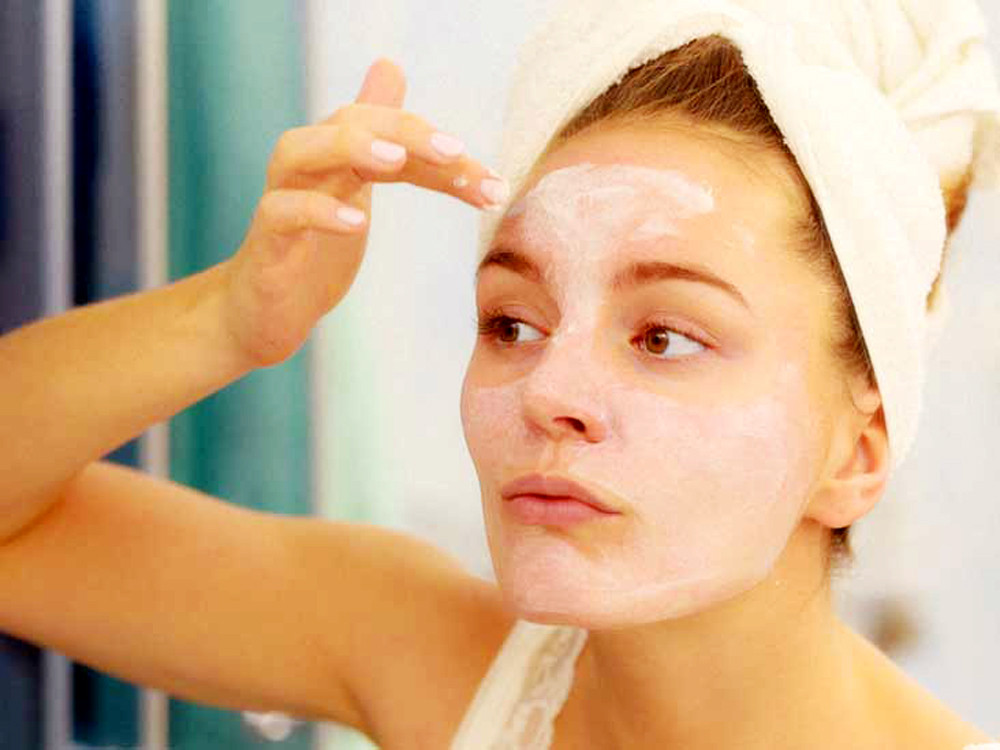
From baking to battling tough stains, baking soda is that one ingredient found on every kitchen shelf and is often called the game-changer. Baking soda is good for its versatile ingredient that can help in several ways but it really isn’t something for your skin. This particular ingredient is highly alkaline in nature, applying it directly to the skin can cause redness and disruption in the pH balance. We recommend keeping a safe distance from this ingredient even if someone tells you that it can make your acne disappear overnight.
Very Hot Water
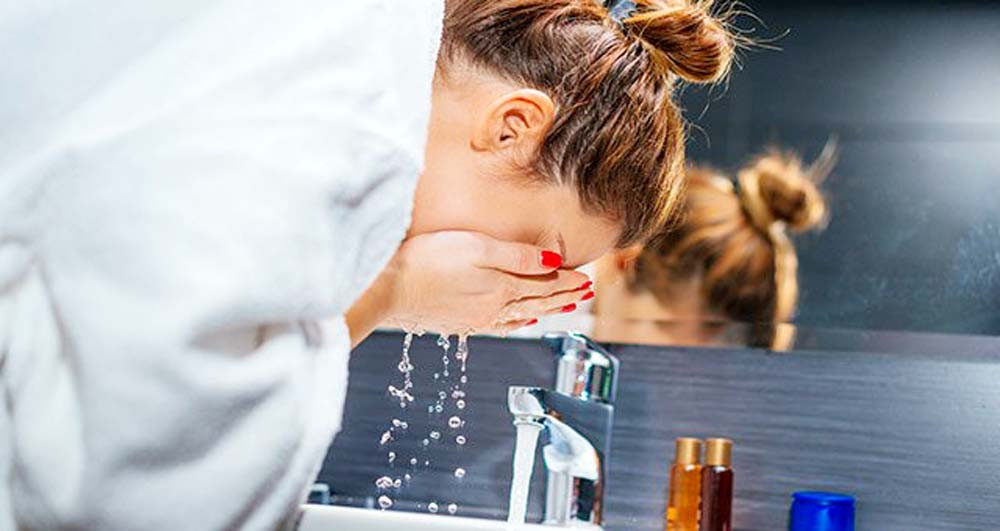
The golden rule to remember while washing your face is not too hot, not too cold, but just right. On the internet, many people suggest that hot water can help open pores and get that gunk out of your skin but the truth is high-temperature water strips your skin of moisture. Hot water can strip all the natural oils from your skin and then your oil glands will try to replace it by churning out even more oil. That might lead to irritation, dryness, and acne breakouts.



















COMMENTS
Comments are moderated and generally will be posted if they are on-topic and not abusive.
For more information, please see our Comments FAQ